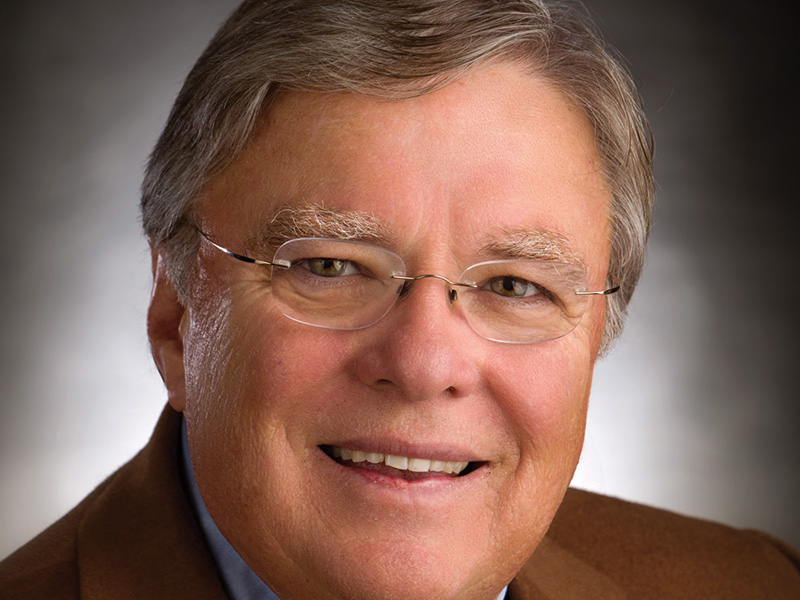It may seem rare to find a doctor who truly listens to his patients and wants to get to the heart of a medical problem, but Dr. Hugh McCormick Jr., a cardiologist with Tidewater Physicians Multispecialty Group (TPMG) Cardiovascular Diagnostic Center, takes open communication with his patients quite seriously.
Dr. McCormick knows just how vital having discussions with patients is, as well as letting them know what they are facing in words they understand. He does this because he was once that patient. When McCormick was 12 years old, he contracted polio, but didn’t know why he was hospitalized until he heard about his condition during a local radio news broadcast the next day.
The experience piqued his interest in the field of medicine, and he vowed to be more open with his own patients one day.
“I spend a lot of time communicating with my patients and their families,” he says. “If patients don’t understand on their terms what I am doing for them, then I haven’t fulfilled my duty as a doctor. That’s how I feel. I believe most of what I need to know I can get from patients in their own words. I spend time putting them at ease because patients are concerned when they come to a doctor.
I spend time discussing their issues, and try to find out from patients what they think may be wrong with them based on what is bothering them.”
McCormick has been a staple in the field of cardiology in Hampton Roads for decades. He first came to Virginia in 1974 as Chief of the Cardiovascular Division for the Department of Medicine at Naval Regional Medical Center in Portsmouth. He later founded Hampton Roads Cardiovascular Associates (now Cardiovascular Center of Hampton Roads) before joining the TPMG team three years ago.
Though he has some experience dealing with infants and children who have congenial heart defects—problems with the structure of the heart present at birth—his main training and focus has been in adult cardiology. Most of his patients are older adults with a variety of issues, including hypertension, coronary heart disease and acute myocardial infarction. He also consults with patients with heart arrhythmias and sleep apnea related to heart disease and other conditions.
“Every patient I see is unique and different, so I spend time learning about what they have done in their lifetime and what they are doing now,” he says. “I communicate with them what is wrong and what we need to do to define what they have. I try to answer every question they have, and sometimes I’ll be honest and tell them I don’t know but I will try to find out.”
He often directs patients to the American Heart Association as a resource and counsels them on what can be done at home to prevent heart disease.
“The most important thing is to stay in motion,” he says. “You should walk every day, or bike or swim, if you like. I happen to like swimming as a sport.” He also recommends Pilates for chronic conditions, such as a bad back or joint issues.
When it comes to diet, it’s about balance and eating in moderation.
“The biggest mistakes are the fad diets,” he says. “People get their weight down, but can’t keep it down. It’s all about portion control. You want to gradually get into the habit of eating less.”
McCormick has been in the business for more than 45 years and has no plans to stop seeing and caring for his patients.
“I like what I do, and I will continue to do it for as long as I can,” he says.



